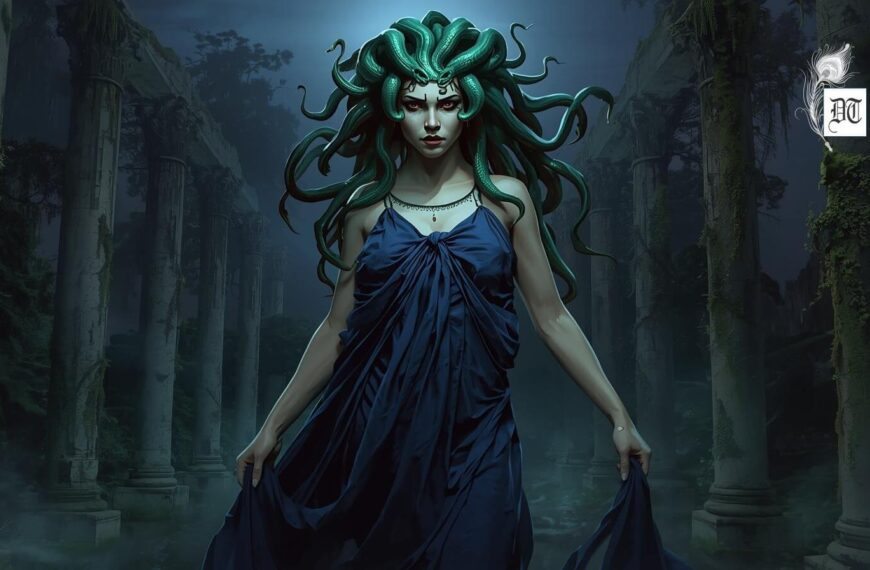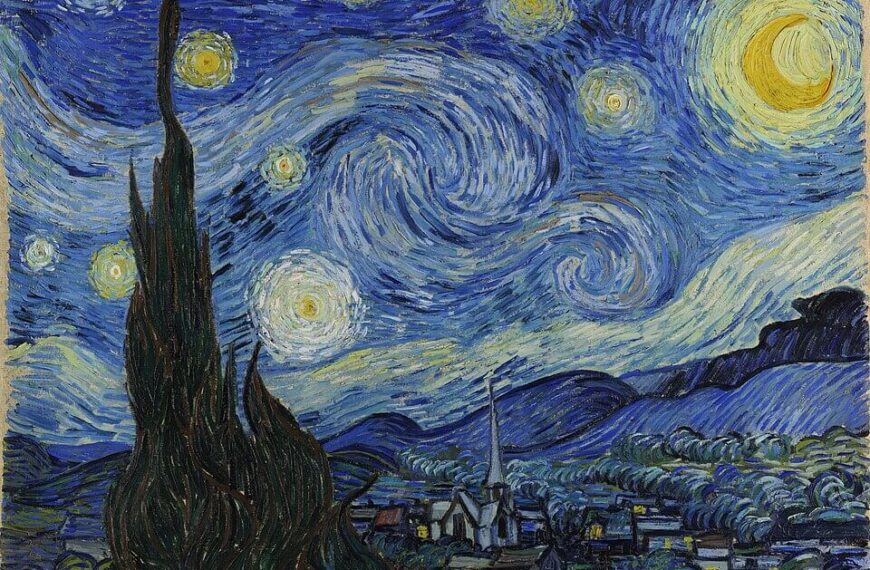Jesus Christ’s martyrdom has held everyone in awe It is a strange and fantastic story of a ragged carpenter with a short life, who changed the world. A man who dragged fishermen, women and tax collectors along dusty backroads to rebel against a tiny, but powerful group of leaders, who claimed superiority and rights to block the common man’s doorway to their God. Here’s an in-depth analysis by Lisa.
Today is the beginning of one of the most celebrated and misunderstood events in Holy Scripture: the crucifixion of Jesus of Nazareth. As their Messiah (from Hebrew:māšīaḥ meaning “anointed”) or Christ (/kraɪst/; Ancient Greek: Χριστός, Christós, meaning “anointed”),Christians certainly believe the martyrdom of Jesus is historic. Despite great and often violent differences of opinion on the subject, Islam and Judaism as well as many secular experts note its impact on human history. It is a strange and fantastic story of a ragged carpenter with a short life, who changed the world. A man who dragged fishermen, women and tax collectors along dusty backroads to rebel against a tiny, but powerful group of leaders, who claimed superiority and rights to block the common man’s doorway to their God. No rational political marketers would leave the story as it is: he came, he cried out, he was betrayed by his own man and died the most ignoble death ever conceived in the evil mind of man. One of the strongest secular arguments for the truth of Jesus’ story is what legal scholars call “statements against your own interest” – why would a claim to Messiahship be based on such powerless humiliation and failure?
For Christian believers, the answer is straight-forward if not easy. Jesus, as the Christ, was never the central figure of the story. His one and only job was to bring the children of Israel back to their Father (“Abba”) God. His entire life was prophesied in scripture existing thousands of years prior to his birth. His death, too, was described in great detail in Psalm 22, down to the casting of dice by the Romans for his “seamless garment” in verse 18. Jesus famous cry “My God, my God, why have You forsaken me?” is the opening line of Psalm 22, and the subsequent verses summarize his fleeting life and violent death, the Pesach Lamb at Passover.

Germain-Jean Drouais
Jewish and Christian scripture agree the Messiah comes for the salvation of his Jewish brothers, not to bring forth one of the world’s greatest religions. He comes pleading, he comes arguing; he comes railing for a renewal of a lost passion with the God Who Saves. The great mistake about Jesus is that he also came for Gentiles or non-Jews. He did not. When begged by a Gentile-woman for help, he explains his role bluntly. “I was commissioned by God and sent only to the lost sheep of the house of Israel.” (Matthew 15:24). When she continued to ask him to heal her daughter, he replied, “It is not good (appropriate, fair) to take the children’s bread and throw it to the pet dogs.” (Matthew 15:26). The Greek wordkuón (dog) was a derogatory term referring to Gentiles. Jesus used the word kunarion (little dog, or pet). There was a happy ending, but his meaning is certainly clear.
“She said, ‘Yes, Lord; but even the pet dogs eat the crumbs that fall from their [young] masters’ table.’Then Jesus answered her, ‘Woman, your faith [your personal trust and confidence in My power] is great; it will be done for you as you wish.’ And her daughter was healed from that moment.” (Matthew 15:27)
Jewish scripture foretold a powerful Savior that would deliver them from their continual and overwhelming suffering. The Jewish people were waiting for this deliverance. They wait for it to this day. The same scripture describes the rejection of that Savior, and his horrific torture and death on a cross. It was that very rejection that brought about the tearing of the veil separating man from God at the moment of Jesus’ death. (Matthew 27:51). It was that rejection that fulfilled Jesus’ words that if the Pharisees would “Destroy this temple [his body], and in three days I will raise it up.” It was that rejection, that same torn veil that threw open access to God by man – all men, Jewish or Gentile. In his death, he came for us.
suffering. The Jewish people were waiting for this deliverance. They wait for it to this day. The same scripture describes the rejection of that Savior, and his horrific torture and death on a cross. It was that very rejection that brought about the tearing of the veil separating man from God at the moment of Jesus’ death. (Matthew 27:51). It was that rejection that fulfilled Jesus’ words that if the Pharisees would “Destroy this temple [his body], and in three days I will raise it up.” It was that rejection, that same torn veil that threw open access to God by man – all men, Jewish or Gentile. In his death, he came for us.
Christians read about the Passion, beginning in the Garden of Gethsemane, where Jesus prayed for deliverance to his Father, that this “cup would pass” from his path. They hear the story, but they misunderstand the event. This complicated carpenter was born directly from the hand of God, his mother impregnated by the Holy Spirit. Why? What a mess. A betrothed girl found pregnant in a time when such a thing could easily have led to her death. Why not drop him into a human form and get on with it? Because  Jesus was both fully God and fully man. God, to remain without sin, and man, to be tempted in all ways. It wasn’t until the Garden Jesus became aware of the reality of his fate, the details. It panicked him. He ran repeatedly to his closest friends and scolded them for not caring about his misery. He prayed for another path. He had sweat blood, hematohidrosis(i), a condition in which capillary blood vessels that feed the sweat glands rupture, causing them to exude blood, occurring under conditions of extreme physical or emotional stress. This is not a story of a conquering general, it is a story about a passionate and dedicated lover of people, a fierce but gentle man seeking only to reflect his Father God. Courage is never insulted by the temptation of fear, but it is always defined by the decision made in the face of it. Jesus didn’t know his exact fate until that morning, and in spite of his fear, he determined to stay his course. “Thy will, and not mine be done.”
Jesus was both fully God and fully man. God, to remain without sin, and man, to be tempted in all ways. It wasn’t until the Garden Jesus became aware of the reality of his fate, the details. It panicked him. He ran repeatedly to his closest friends and scolded them for not caring about his misery. He prayed for another path. He had sweat blood, hematohidrosis(i), a condition in which capillary blood vessels that feed the sweat glands rupture, causing them to exude blood, occurring under conditions of extreme physical or emotional stress. This is not a story of a conquering general, it is a story about a passionate and dedicated lover of people, a fierce but gentle man seeking only to reflect his Father God. Courage is never insulted by the temptation of fear, but it is always defined by the decision made in the face of it. Jesus didn’t know his exact fate until that morning, and in spite of his fear, he determined to stay his course. “Thy will, and not mine be done.”
Good Friday was the beginning of the end. Chaos reigned in those three days. His followers scattered and hid. His mother was left alone with only one disciple and Mary of Magdalene to stand for her son at his execution. A sad story of human failing, betrayal, cowardice and loneliness. In this way, God delivered his children from the seduction of the flesh, the pressure of world, and the Liar, the Accuser. It was misunderstood then, and it continues so today. Jesus lived not to die, as Christians may s ay. He lived to deliver his brothers, and in failing, in his death and resurrection, he became the only path to deliver us all. He knew it, finally, in the end. As he died, he cried out a last time. “It is finished.” His life was a complete submission to God alone, no matter what it cost him. He showed us the way to live, yes, but far more, he gave us the power to live as he lived. We have no chance of succeeding in our long, cruel race without the work he completed for us.
ay. He lived to deliver his brothers, and in failing, in his death and resurrection, he became the only path to deliver us all. He knew it, finally, in the end. As he died, he cried out a last time. “It is finished.” His life was a complete submission to God alone, no matter what it cost him. He showed us the way to live, yes, but far more, he gave us the power to live as he lived. We have no chance of succeeding in our long, cruel race without the work he completed for us.
Friday is the beginning of a long weekend of reflection. A well-known Christian saying summarises it all. “It’s Friday now, but look out! Sunday is coming.” Christianity serves the Living God, who rose on that Sunday and broke the curse of spiritual death that had plagued man since Adam’s sin. In the last lines of Psalm 22 (verses 30-31), we hear from the prophet thousands of years before Jesus, reassuring us all that the Messiah’s life and death were not to be in vain:
“Posterity will serve Him; they will tell of the Lord to the next generation. They will come and declare His righteousness to a people yet to be born—that He has done it [and that it is finished].”
__
i(Jerajani, H. R., Jaju, B., Phiske, M. M., & Lade, N. (2009). HEMATOHIDROSIS – A RARE CLINICAL PHENOMENON. Indian Journal of Dermatology, 54(3), 290–292. http://doi.org/10.4103/0019-5154.55645)
Pix from Net
Good Friday & Easter Theme
On the solemn occasion of Good Friday and Happy Easter, Different Truths features two Cover Stories. The story of Christ’s martyrdom has many layers. A subaltern rose with a small band of his followers against the power structure of that time. He was tortured and crucified. It’s not just a story of the past. Such wrongs continue, in various parts of the world, to this day. Men discriminate against men. And when these suffering men ask for breads, they get stones. They are put to death. In Jesus’ sacrifice we seek deliverance and also the terrible agony of humankind to this day. We wait for Revolution. We wait for Second Coming. ~ Editor
Here’s the link of the other Cover Story:



 By
By
 By
By
 By
By
 By
By